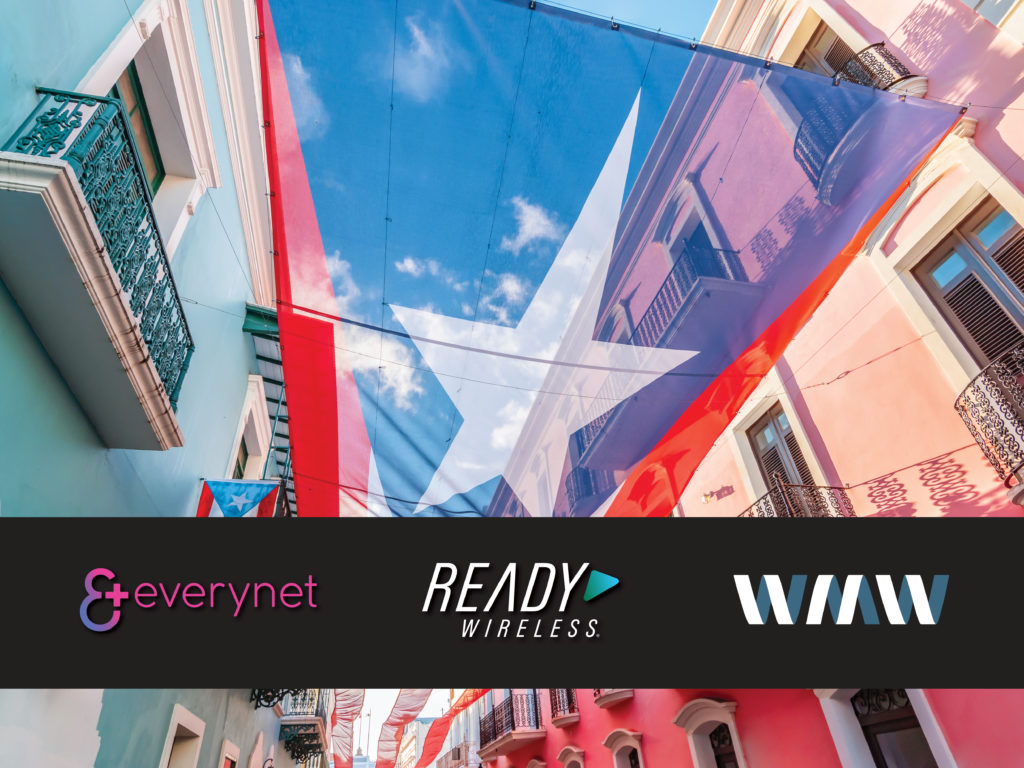In the fast-paced evolution of urban living, the integration of cutting-edge technologies has become the cornerstone of progress. Among these transformative technologies, the Internet of Things (IoT) stands out as a catalyst for change. In this blog post, we’ll explore how the implementation of IoT in smart cities is not just making urban landscapes smarter but also significantly enhancing safety and efficiency for citizens.
Connected Infrastructure for Smarter Living
- Smart cities leverage IoT to interconnect various aspects of urban infrastructure. From traffic lights and waste management systems to public transportation, these interconnected devices create a network of data-sharing that fosters efficiency. Real-time data allows for dynamic adjustments, optimizing traffic flow, reducing energy consumption, and enhancing overall urban functionality.
Intelligent Traffic Management
- IoT-enabled sensors and cameras integrated into city traffic systems are revolutionizing the way we navigate urban environments. Smart traffic management systems analyze real-time data to alleviate congestion, optimize traffic signal timings, and enhance overall transportation efficiency. This not only reduces commute times for citizens but also contributes to a significant reduction in carbon emissions.
Enhanced Public Safety
- Safety is a paramount concern in any city, and IoT plays a pivotal role in improving public safety measures. Smart surveillance cameras with real-time video analytics can detect unusual activities or patterns, enabling law enforcement to respond promptly to potential threats. Additionally, smart street lighting equipped with sensors can enhance visibility in areas of low foot traffic, contributing to safer public spaces.
Efficient Waste Management
- IoT devices are transforming the way cities handle waste management. Smart bins equipped with sensors can monitor their fill levels, optimizing waste collection routes and schedules. This not only reduces operational costs for the city but also minimizes the environmental impact associated with unnecessary waste collection trips.
Air Quality Monitoring for Healthier Living
- IoT sensors are being deployed across cities to monitor air quality in real-time. This data allows for the identification of pollution hotspots, enabling timely interventions to improve air quality. Citizens can access this information, making informed decisions about outdoor activities and contributing to a healthier urban lifestyle.
Responsive Public Services
- Smart cities utilize IoT to enhance the responsiveness of public services. From smart parking solutions that guide drivers to available parking spaces to mobile apps that provide real-time information about public transportation schedules, citizens experience a more seamless and convenient interaction with municipal services.
Energy Efficiency and Sustainability
- IoT plays a crucial role in promoting energy efficiency and sustainability in smart cities. Smart grids, equipped with IoT sensors, optimize energy distribution, reducing wastage and lowering overall energy consumption. This not only contributes to cost savings but also aligns with global efforts to create more sustainable and eco-friendly urban environments.
The marriage of IoT and smart city initiatives is propelling urban living into a new era of intelligence, efficiency, and safety. As cities continue to evolve, the implementation of IoT technologies will be at the forefront of creating a connected, responsive, and sustainable urban landscape. The result is not just smarter cities but a brighter and safer future for citizens worldwide. Embrace the transformation – the future is now!
—
(319) 294-6080

